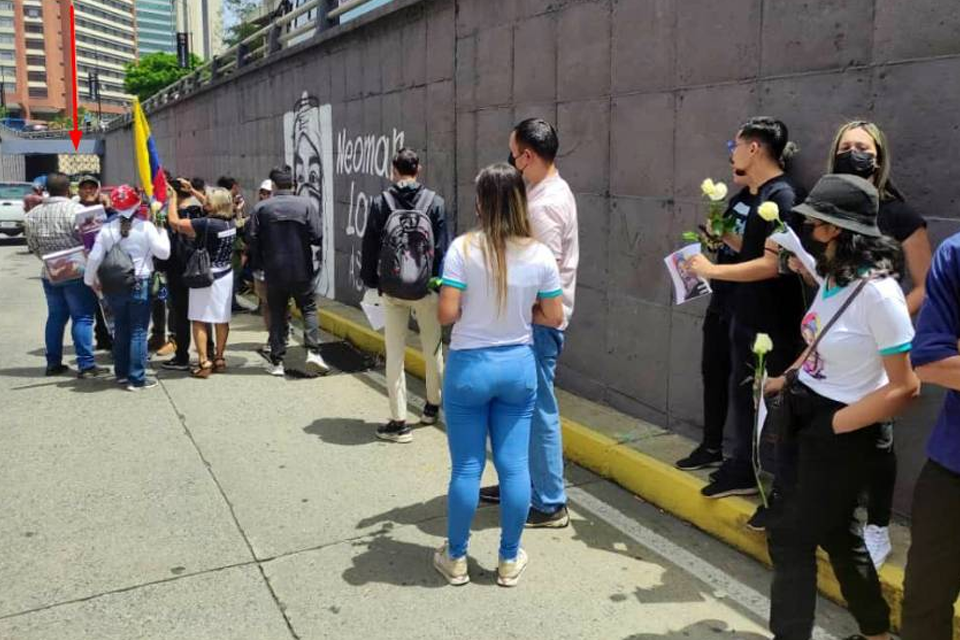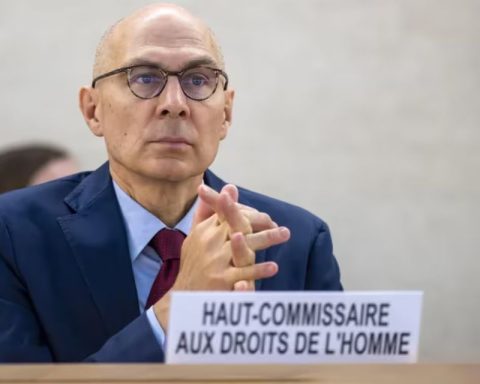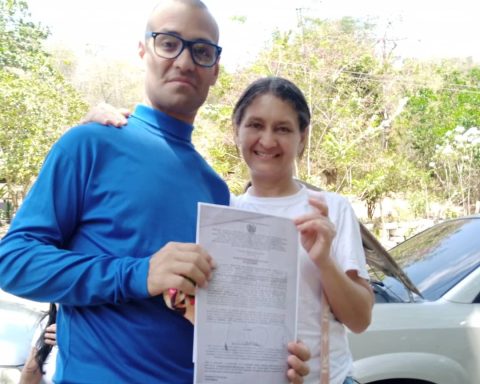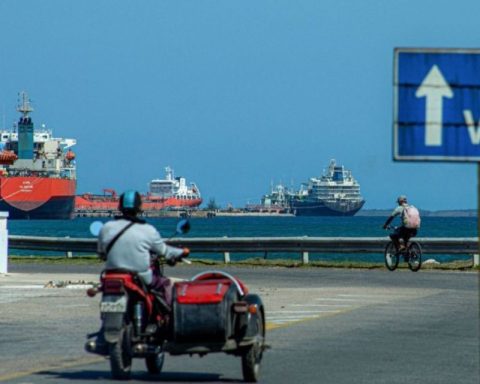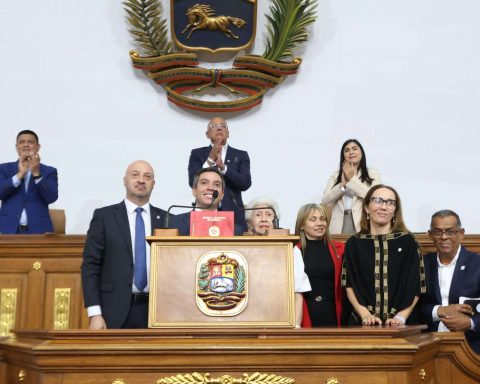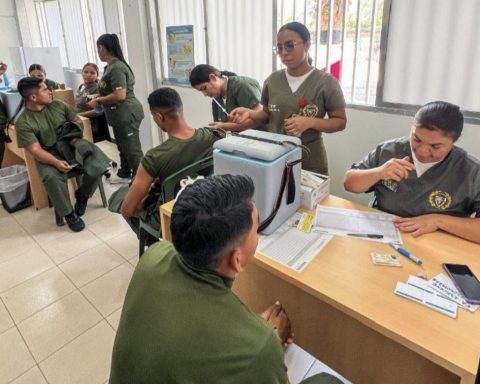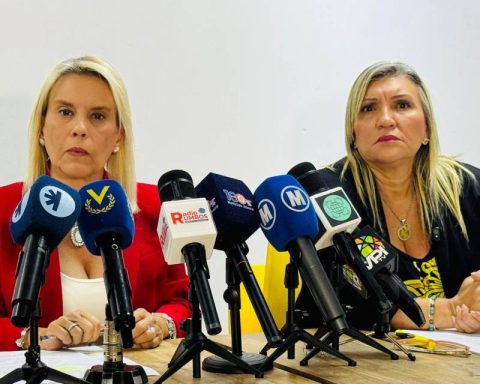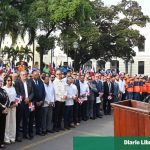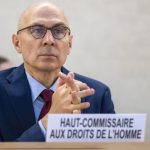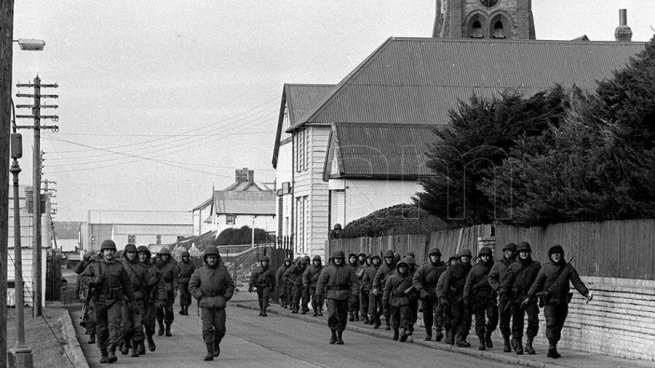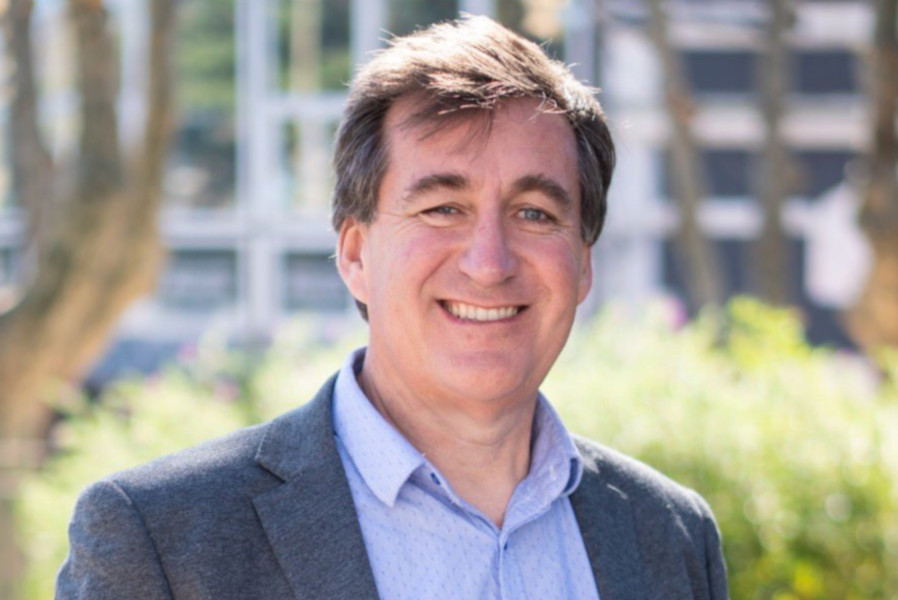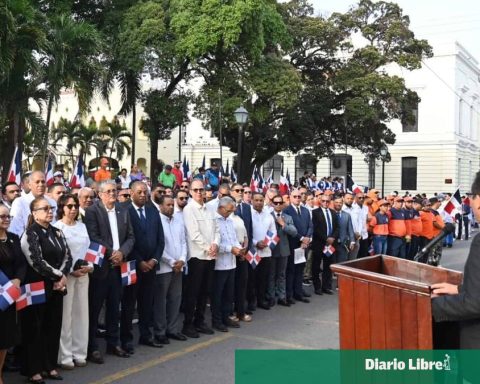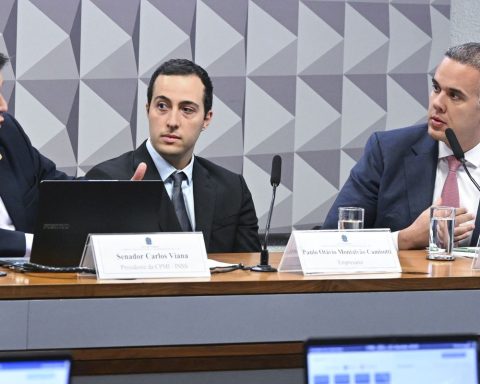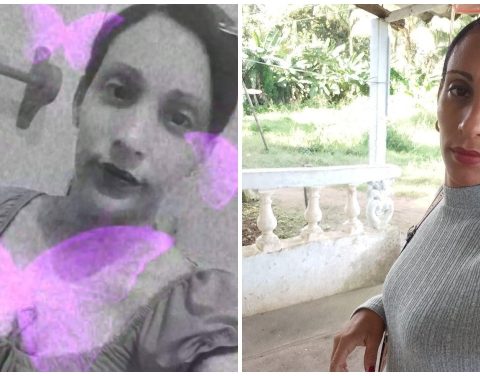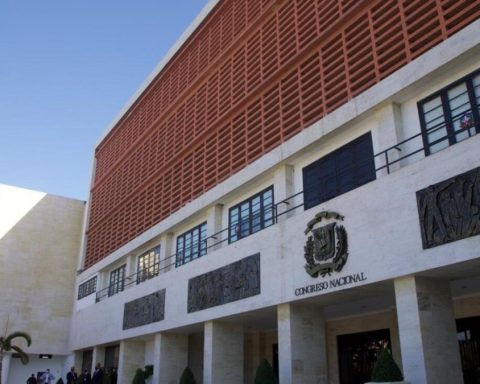The state persecution against the young people of the orange political group is an example of the disproportionate application of the laws by the regime of Nicolás Maduro
On June 7, nine people were arrested by the Chacao Municipal Police after paying tribute to Neomar Lander, a young man murdered during the protests against Nicolás Maduro in 2017, and were later handed over to the Space Operations Group of the Ministry of the Interior, controlled by the chavista administration.
Five of them did not even participate in the act but were arrested because they were on the same public bus that, at the end of the activity, the other activists, belonging to the opposition political party Voluntad Popular, took.
These four were accused of committing crimes of incitement to hatred, disturbance of public order and obstruction of public roads. All this for, with graffiti, having allegedly “vandalized”, in the words of the mayor of that municipality, Gustavo Duque, the Chromatic Modules mural by the master Juvenal Ravelo that is on Libertador Avenue in Caracas. But the fact that Duque deleted the tweet with that accusation and later requested his release did not prevent the young people from being taken to a detention center of Venezuelan military intelligence bodies, even though they were civilians.
A EsPaja.com verification work verified that the work in honor of Lander is located right at the point where a tear gas bomb hit the student and hit him in the chest —known as the “Neomar Lander Tunnel”— and not where the municipal authorities indicated. In fact, in conversation with SuchWhich, Ana Eleanor Acostaa lawyer for the NGO Coalition for Human Rights and Democracy, reported from the Palace of Justice that, according to the version of the defendants, when they arrived at the site of the commemorative act, the mural was already painted.
The First Court of Control granted this June 10 alternative measures of freedom for them, after having interrupted the presentation hearing that began the night of the previous day, when they had been reported as forcibly disappeared for at least 40 hours.
#URGENT Released the 4 young people detained in #Chacao. 1st Court of Control dictates a substitute measure of freedom.
– Ana Leonor Acosta (@AnaLeonorAcosta) June 10, 2022
Below we explain key points to understand this case and we shed some light on how the actions of the Chacao officials should have been according to the regulations that govern that Caracas municipality.
What is “vandalism” punished with in Chacao?
Manuel Rojas Perezformer councilor of Chacao, in a Twitter Space of SuchWhichpointed out that in the entity there is an ordinance in which it is established that “for painting public and private walls”, considered as a misdemeanor and not a crime, a citizen coexistence procedure is initiated that implies the application of less burdensome laws for citizens.
However, he indicated that “when we see this persecution and when these boys end up entangled in a criminal matter, we witness a disproportionate application of the laws by the State in its actions.”
Gustavo Duque himself admitted, after having said in principle that this had not been the case, that Polichacao preventively detained the four activists. In other words, they were not taken to the police headquarters to give them a talk.
What should the Polichacao officials do?
In that case, as Acosta explained, the procedure should have been for the municipal officers to place them at the order of the Public Ministry, as it was a “preventive detention,” but this did not happen that way either.
In a first statement, the mayor justified that there was no police review of the incident because it had not been an arrest. But even if he had not been classified as such, human rights defender Rafael Uzcátegui, from the NGO Provea, stated that this lack of records contributes to forced disappearances.
“The police officers who made the arrest had to draw up a report. If there is a call, it is recorded in the record book, if a commission is created or if a patrol is sent to a certain place, “added the lawyer for the Coalition for Human Rights.
In cases of vandalism, according to Acosta, the municipal security body can also act in a joint operation with other agencies, but not try to “simulate an offense to arrest four young people.” Even less do it without an arrest warrant in hand and that the policemen show up “for this type of function.”
“I was the trustee of Chacao for five years and there are ordinances that have to do with the care of public spaces and citizen coexistence. Of course you have to take care of them. Spaces have been allocated for graffiti, which is very different from damaging public spaces. Here it was a commemoration, an act for the death of Neomar Lander”, the jurist pointed out.
What happened to the other five detainees?
Those other people, also detained without having been previously identified and without having any type of participation in the tribute to Lander, said Ana Leonor Acosta, who were not presented before judicial entities. They were forbidden to give any information about it. Until now, it is only known that they were well treated, but it is not known if they were interrogated or what other actions were carried out.
To know other details about the procedure that should have been applied in this case, listen to the TwitterSpace of SuchWhich clicking this link.
Post Views:
571
